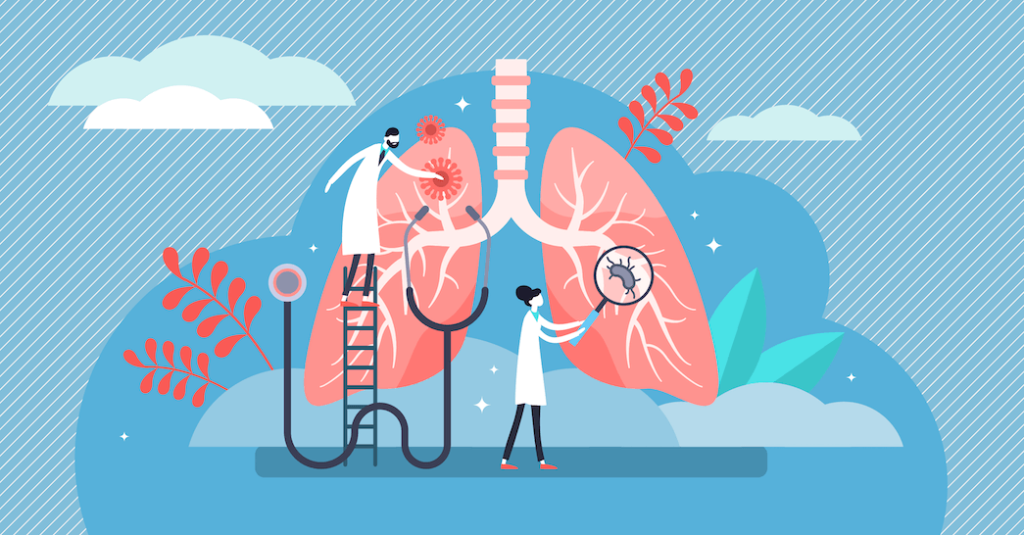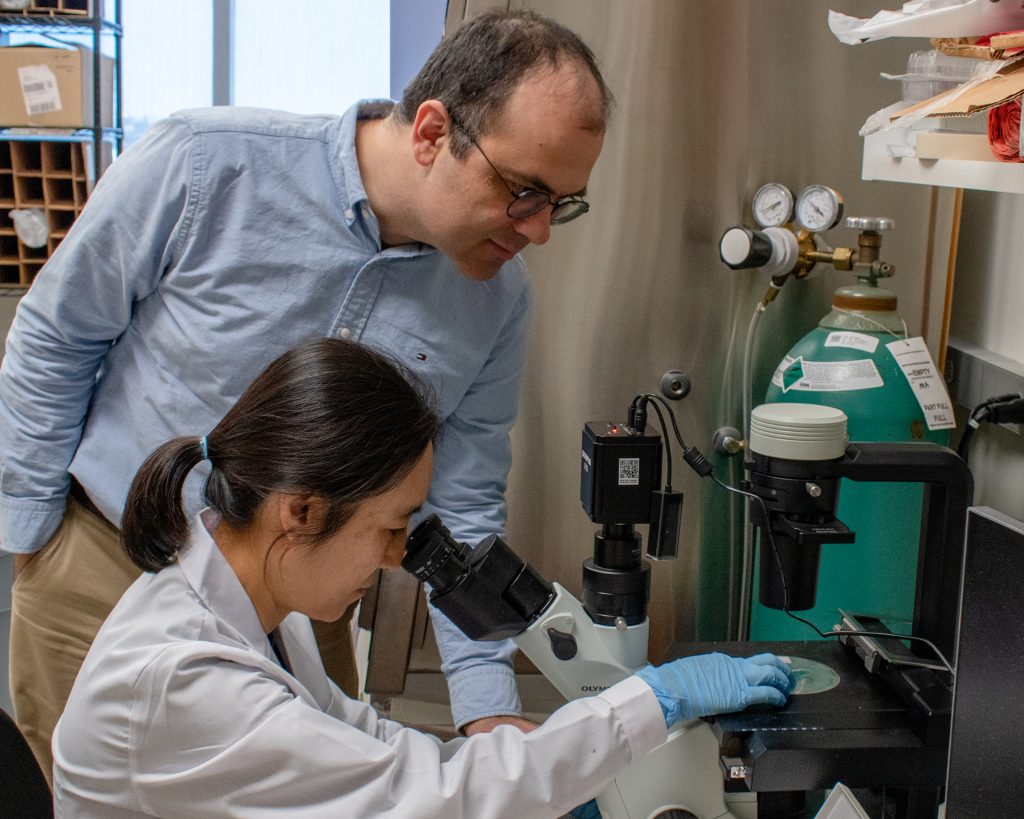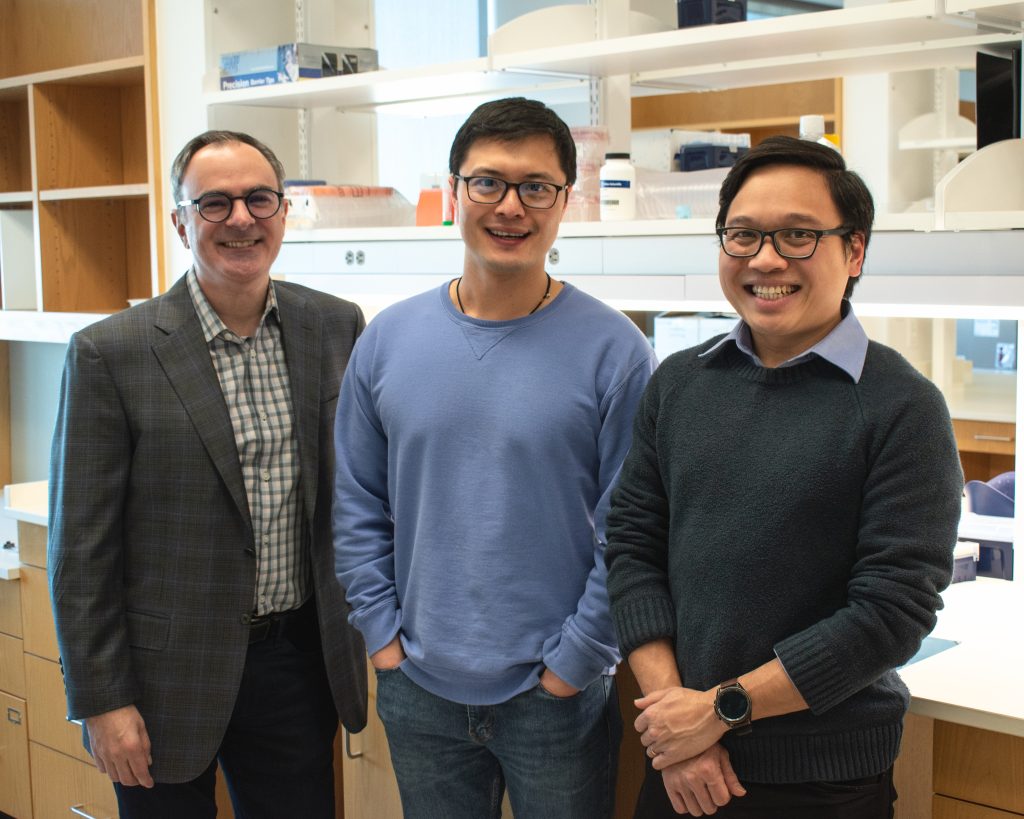 Scientists at the Children’s Medical Center Research Institute at UT Southwestern (CRI) have published the results of a study characterizing the metabolic properties of over 80 human non-small cell lung cancer (NSCLC) cell lines in the journal Molecular Cell. In the paper, which was the culmination of over eight years of work by the DeBerardinis lab, researchers uncovered diverse metabolic activities and vulnerabilities in NSCLC cell lines derived from different patients.
Scientists at the Children’s Medical Center Research Institute at UT Southwestern (CRI) have published the results of a study characterizing the metabolic properties of over 80 human non-small cell lung cancer (NSCLC) cell lines in the journal Molecular Cell. In the paper, which was the culmination of over eight years of work by the DeBerardinis lab, researchers uncovered diverse metabolic activities and vulnerabilities in NSCLC cell lines derived from different patients.
“We know that cancer cells need to reprogram their metabolism to grow and divide. But, we did not have a strong enough understanding of whether all cancer cells reprogrammed their metabolism in the same way. This study gives us another dimension of cancer cell biology that we can’t obtain from gene sequencing or any other method,” said Dr. Ralph DeBerardinis, professor at CRI and Howard Hughes Medical Institute (HHMI) Investigator. “It tells us that there are many metabolic solutions to the question of how cancer cells grow.”
Findings from the study include the discovery of an unexpectedly wide range in the amount of major nutrients consumed by these cells, and stark differences in how each cell line used these nutrients to supply their needs for energy and building blocks for growth. The findings demonstrate that the long-standing theory that cancer cells use high rates of glycolysis to support cell growth is oversimplified. Researchers also discovered some patterns of metabolism associated with specific oncogenic mutations and with sensitivity to particular therapies. In some cases, metabolism was found to better predict drug sensitivity than individual gene mutations, raising the question of whether metabolic analysis in patient’s tumors could be used to tailor personalized therapies.
Dr. DeBerardinis believes the paper and accompanying database, which may be accessed here, will help members of the cancer-biology community identify new connections between other aspects of cancer cell biology and metabolism.
“My hope is that this paper and database will make it easier for other scientists to connect their own work with cancer metabolism,” said Dr. DeBerardinis. “We tried to remove the barrier of every scientist needing to perform metabolic studies in their own lab.”
Dr. Pei-Hsuan Chen, who worked as a graduate student in the DeBerardinis lab from 2010-2015, and Dr. Ling Cai, an assistant professor in the Department of Population and Data Sciences at UT Southwestern, are co-first authors on the study.



